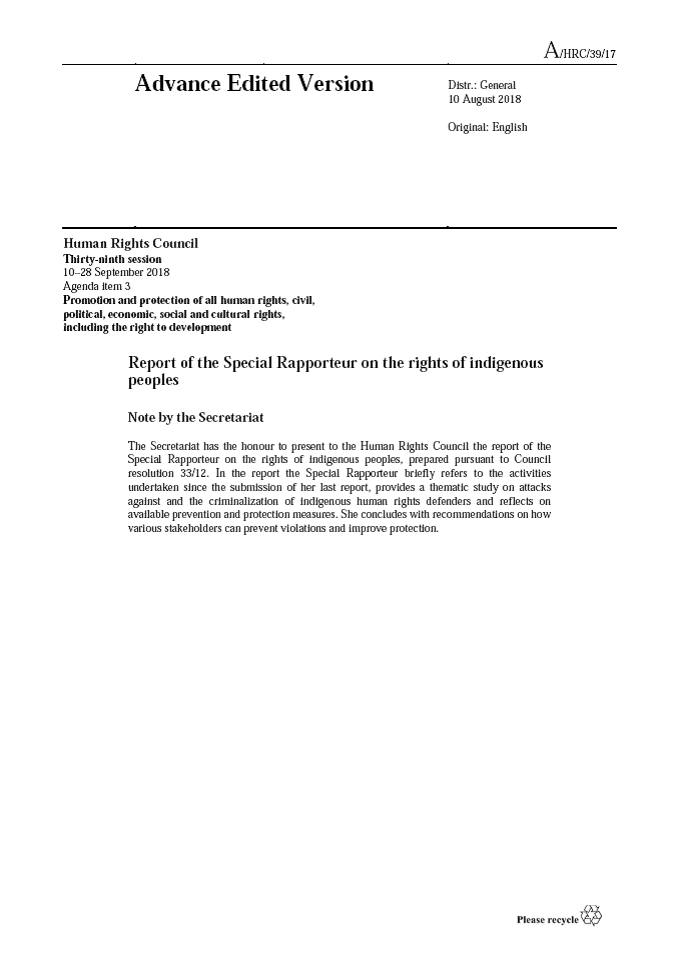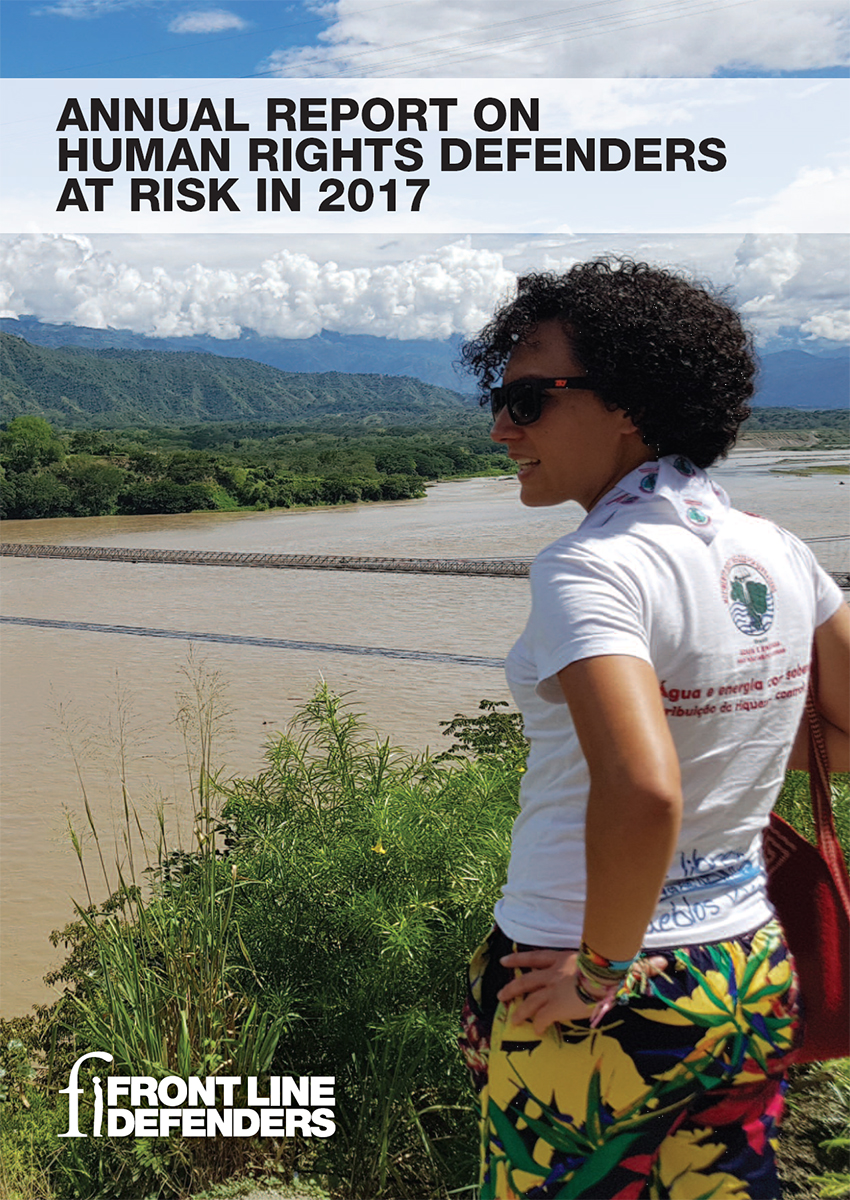Analysis of EIA for Phase I of Thilawa SEZ (English, Burmese (မြန်မာဘာသာ)
Conclusion: "The Thilawa SEZ project is not clearly described and important information is missing
throughout the EIA document. The public consultation process did not involve all relevant
stakeholders, including affected communities, and did not provide sufficient information
in any case. Consequently, the consultation process did not meet international standards
and did not meet relevant JICA Guidelines. Had JICA provided adequate and appropriate
support for the EIA according to its Guidelines, it could have assured that the project




